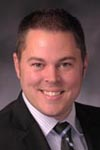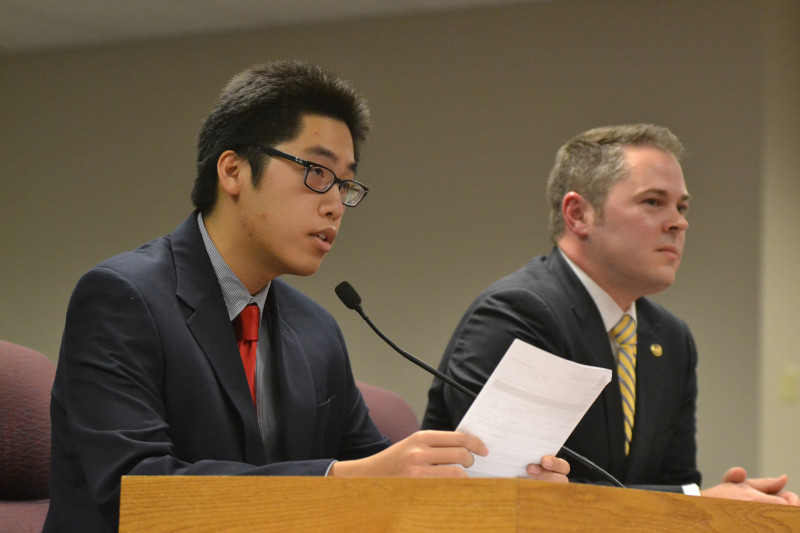JEFFERSON CITY, Mo. – Student journalists around the state may have a new champion in Rep. Elijah Haahr, R-Springfield. He is sponsoring a bill that would protect the First Amendment rights of high school and university journalism students from prior restraint by school administrators.
The Walter Kronkite New Voices Act would allow for principals or superintendents to still disallow potentially libelous or inaccurate stories from being published, but ultimately, it would allow students to report on issues that schools and communities may find unpopular or unflattering.
“It draws a bright line for Missouri schools and universities for free speech rights for student journalists,” Haahr said in his opening testimony on the legislation at the House Emerging Issues Committee, which he chairs. “The same rights we give professional journalists should be [given] to student journalists around the state.”

The representative said that he was confident Kronkite, a legendary Missouri-born journalist, would support his legislation if he were still alive today.
Haahr was approached by Robert Bergland, a journalism professor at Missouri Western University, about creating the legislation last summer before the events at the University of Missouri drew national media attention to acts by student and faculty protesters that violated free press practices. Bergland, in his testimony, echoed the idea that student journalists should have the same protections as their professional counterparts.
However, the star of the testimony was Tim Tai, the student photojournalist who found himself at the center of the controversy when he was blocked from accessing the Carnahan Quadrangle by protesting students and faculty.
“For years, student journalists have been treated as second-class journalists and that’s a shame because they are often the only ones that tackle crucial issues at schools and on campuses,” Tai said. “As we have seen at MU and many other schools, not every administrator or faculty member fully understands the protections enshrined in the First Amendment.”
Haahr said that the student protests at MU gave the bill a greater presence, due to its new timeliness.
“It gave it a much wider range for people that were interested in the issue,” Haahr said. “Prior to what happened last summer or fall, there might not have been quite the interest in this type of legislation. No less important, just not as timely.”
Haahr said he has spoken to Speaker Todd Richardson and Majority Floor Leader Mike Cierpiot about the bill, and he is confident the bill will make it through the House.



